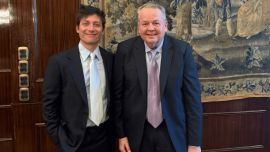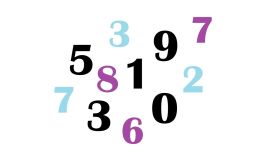Argentina recorded its highest annual inflation rate in three decades in 2022 as the country’s political crisis exacerbated price rises driven by the government's lack of a credible economic plan.
Consumer prices rose 94.8 percent in December from the same month a year earlier, according to official data released on Thursday. Compared with November, prices rose 5.1 percent last month, accelerating after cooling in three of the past four months. Monthly price hikes were led by tourism, alcoholic beverages and housing costs.
Rising annual inflation, which is expected to exceed 100 percent in the coming months, has once again become the dominant theme in Argentina. Whether inflation rises or falls this year will have a big impact on the upcoming presidential elections in October.
Economy Minister Sergio Massa, who took office in August after his two predecessors resigned within four weeks of each other, has implemented a combination of traditional and unconventional policy measures to cool consumer prices.
Adjusted for inflation, he has cut spending while the Central Bank has kept its benchmark rate above inflation. Massa has also implemented a wide range of price controls to temporarily limit some of the increases, while keeping Argentina's volatile exchange rates relatively stable.
Still, economists in Argentina are not optimistic. They forecast inflation to close this year at 98 percent, despite Massa's budget forecast of 60 percent, and economic growth to slow to less than one percent this year.
Another key factor that will influence inflation this year is whether Massa and the government will continue to honour the nation's US$44- billion agreement with the International Monetary Fund during an election cycle in which the Washington lending agency, unpopular in Argentina, is likely to be criticised. The government met its year-end targets, moving one step closer to the IMF programme.
related news
by Patrick Gillespie, Bloomberg



















Comments